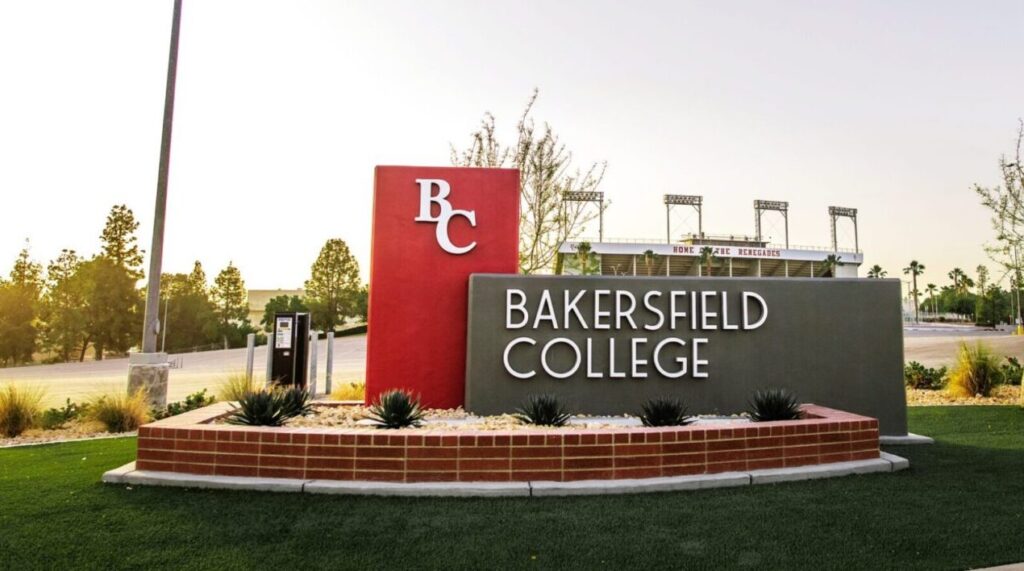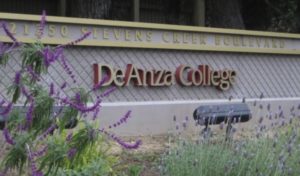Federal magistrate sides with professor in First Amendment suit against a college’s DEI policies
A federal magistrate sided with a professor in a First Amendment case where a California college was seeking to take punitive actions against the teacher for not cooperating with diversity equity…

A federal magistrate sided with a professor in a First Amendment case where a California college was seeking to take punitive actions against the teacher for not cooperating with diversity equity and inclusion (DEI) policies.
The college teacher not only refused to cooperate with the DEI policies of Bakersfield College, but vowed to teach that the policies are illegal and unconstitutional.
Professor Daymon Johnson is suing Bakersfield College and a number of administrators connected to the college for seeking to investigate and then take disciplinary action against the professor – including a possible dismissal.
Johnson is alleging that the college is interfering with his right to free speech and academic freedom.
In the motion for injunctive relief, the professor’s attorneys were asking a judge to prevent the college and the administrators from taking any action whatsoever against him including initiating an investigation or disciplining Johnson.
The magistrate cited Johnson’s boldness in publicly discussing his opposition to DEI policies as one of the reasons for recommending an injunction against the college.
“Plaintiff attests: ‘[a]lmost everything I teach violates the new [DEI] requirements—not just by failing to advance the [DEI] and anti-racist/racist ideology, but also by criticizing it,” U.S. Magistrate Judge Christopher D. Baker said in his 44-page opinion.
The judge later cited general case law that agrees that “matters of public concern,” such as a teacher speaking out about the legality of DEI policies, qualify for protection under the First Amendment through academic freedom tenants of the U.S. Constitution.
“Although Defendants’ aim of promoting diversity, equity, inclusion, and accessibility in
California’s system of community colleges undoubtedly is important and Defendants are entitled to encourage their employees to embrace these tenets, Plaintiff has shown a likelihood of success on the merits that the regulatory scheme Defendants have put in place to advance these interests is contrary to the First Amendment’s guarantee of freedom of speech in the academic arena,” said Judge Baker, in recommending a federal judge grant the injunction.
Demonstrating the probability of success on the merits of the case is important, said the judge, because it demonstrates the likelihood that somebody’s constitutional rights will be violated if the injunction is not granted.
“[I]t is ‘always in the public interest to prevent the violation of a party’s constitutional rights,’” said Baker, citing a First Amendment case in 2002 from the U.S. 9th Circuit court.
The attorneys for the Defendants tried to argue the college has the authority to regulate the speech of its professors under California law.
Baker rejected the argument, saying the college has the argument backwards.
In his ruling, he cited a 2009 case that said, “The Free Speech Clause restricts government regulation of private speech; it does not regulate government speech.”
The judge found that the mandatory language of DEI policies such as, “must have” and “shall employ” in fact regulated private speech and called the college’s arguments to the contrary “disingenuous.”
The parties have 14 days in which they may file objections to the magistrate’s recommendations.
After that, the case will be assigned to a federal district judge, who will ultimately decide on the injunction and try the case.



